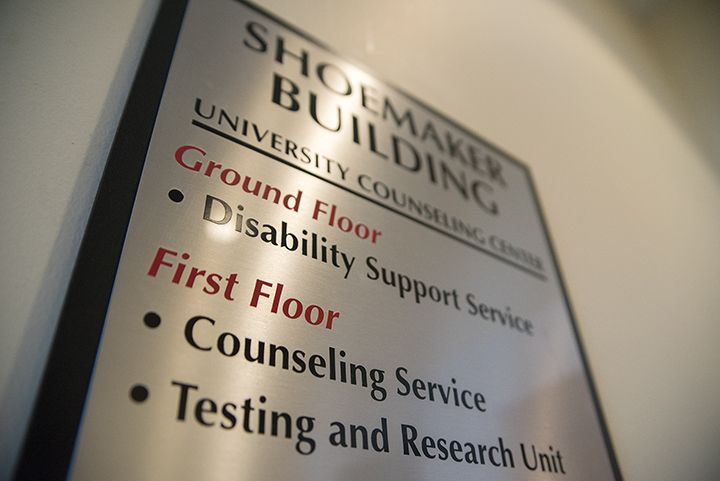Views expressed in opinion columns are the author’s own.
This past fall, I lost one of my best friends. Feelings of shock, confusion, internal pain, emptiness and numbness ensued. If you’ve lost a friend or family member to suicide, you probably understand. My friend greatly impacted my personality throughout our relationship in high school and college.
This loss made me think a lot about my own mental well-being, and more importantly, the mental well-being of my other friends. I couldn’t understand how someone as joyful, positive and funny as my friend would resort to taking their own life.
I began talking with my friends about this and other mental health-related subjects. I learned that most people aren’t comfortable talking about their mental health because of the stigma our society places on this topic. These conversations weren’t comfortable for me, either, but I knew I needed to have them.
For the first time, I made an appointment at the University of Maryland Counseling Center to talk with someone about my personal struggle following such a difficult loss. After an impactful and helpful intake appointment with a staff counselor, I was unable to get a second individual appointment without being put on a lengthy waitlist.
We need to start a conversation at this university about mental health. There is a stigma surrounding the issue of mental health that needs to end. It’s OK not to be OK. Seeking help should be encouraged, both informally and institutionally. Right now, we’re failing on both counts.
Informally, we fail when we stigmatize this sensitive issue. Each of us can act differently on a daily basis to end the stigma surrounding mental health. We can do so by making a conscious effort to ask our peers, friends and family how they’re doing, and not just on a surface level. We’re socialized growing up to respond to “how are you doing” with a simple “good,” “fine,” or “all right,” but we can do better. We can make a conscious effort to ask people how they really are — not only those who seem like they’re in need of help, but also those who appear to be just fine.
Our society teaches us to hide and pack away feelings of discontentedness and more serious mental health struggles. It’s often those who appear the strongest who are most in need of support. These are the individuals who nobody thinks to check in on. But we must.
Institutionally, we fail by not offering proper mental health support systems to those in need. At this university, counseling is not accessible. The increased demand at the Counseling Center indicates the stigma around mental health is lessening over time, but it also means that our Counseling Center is not able to cater to the needs of many students who seek help. More than 10,000 mental health visits were made at the center last academic year.
The Counseling Center relies on community providers for students whose presenting issues require longer-term treatment, specialized care not provided on-campus or for those who visit the Center at peak times and would like to start counseling soon after their initial appointment.
The state budget bill includes a $68 million increase in funding for community mental health and addiction treatment services, known as “Keep the Door Open” funding. Unfortunately, some portion of this funding may be cut to fill an expected deficit. This is unacceptable. Students should be encouraged to get the help they need, not turned away at the door because there is not enough funding.
As students, we need to be advocating to maintain this vital funding for community mental health care providers in College Park and all over Maryland. The Student Government Association is advocating to keep this funding in the budget with a section dedicated in its legislative agenda.
This community mental health funding has the potential to directly improve the lives of students at this university. But let’s also not rely on this funding to end the stigma around mental health. We can do that each and every day by having more compassionate, open and honest conversations about others’ emotional and mental well-being. Let your friends know that it’s OK not to be OK and that the door is always open to talk.
Gideon Epstein is a junior government and politics major. He can be reached at gideon.epstein98@gmail.com.



